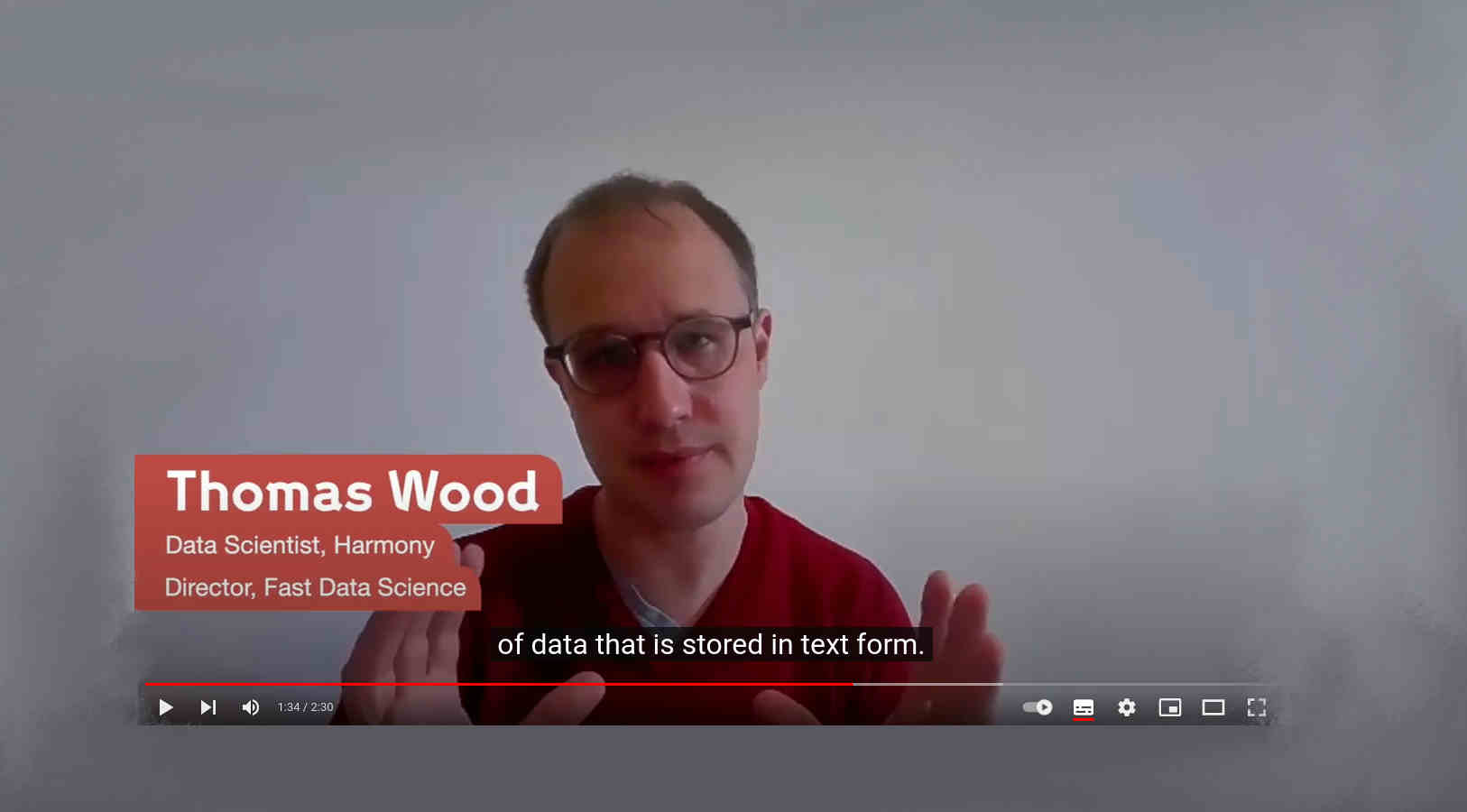
Find out how AI and natural language processing are being used in mental health research and other areas of social sciences research.

MethodsCon in Manchester We will be at MethodsCon: Futures in Manchester, run by the National Centre for Research Methods on 11 and 12 September 2024 to present Harmony, the NLP and AI tool we have been developing for researchers in social science, funded by Wellcome and the Economic and Social Research Council. The events take place at The Edwardian Manchester.

Our NLP research has been published in BMC Psychiatry! Fast Data Science has been working on the Harmony project in collaboration with UCL, Ulster University, and Universidade Federal de Santa Maria. Harmony is an open-source natural language processing tool designed to revolutionise mental health research as well as an AI research project.

AI in science and research Artificial intelligence (AI) has emerged as a revolutionary force in science and research, transforming how we approach, analyze, and interpret data. The integration of AI technologies into scientific research has opened up new avenues for discovery, significantly improving efficiency, accuracy, and scope of research activities. In this blog, we will explore the various ways AI is being utilized in science and research, along with some comparative analytics to highlight its growing impact.
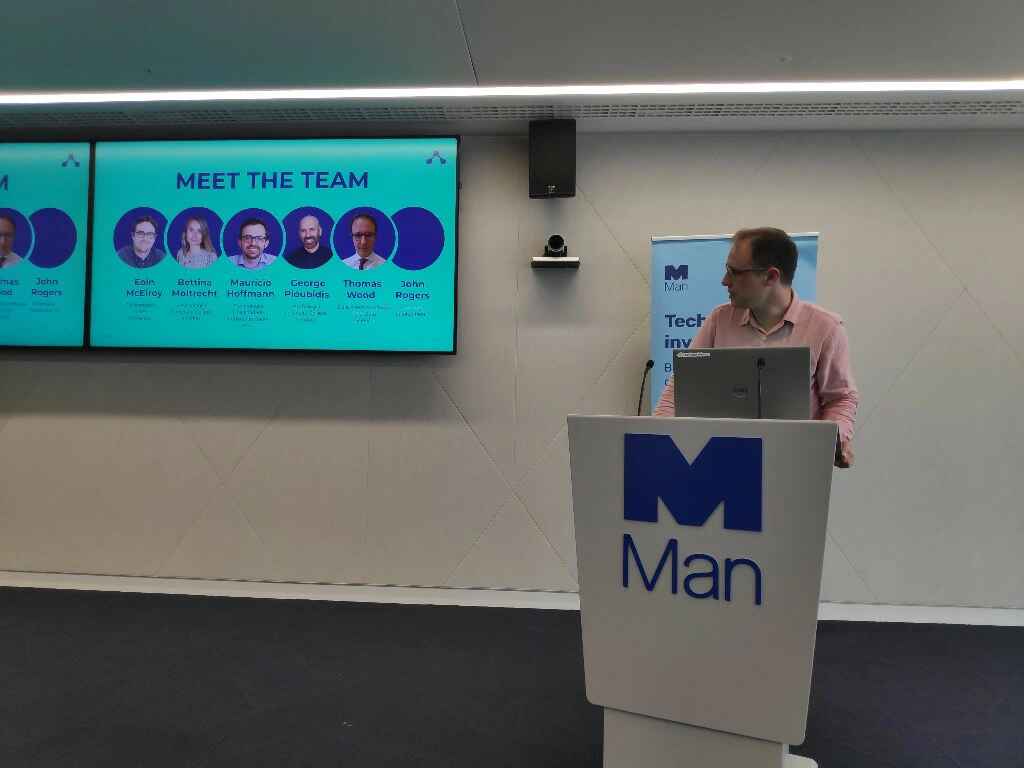
Above: video of Thomas Wood presenting Harmony at the Pydata on 27 March 2024
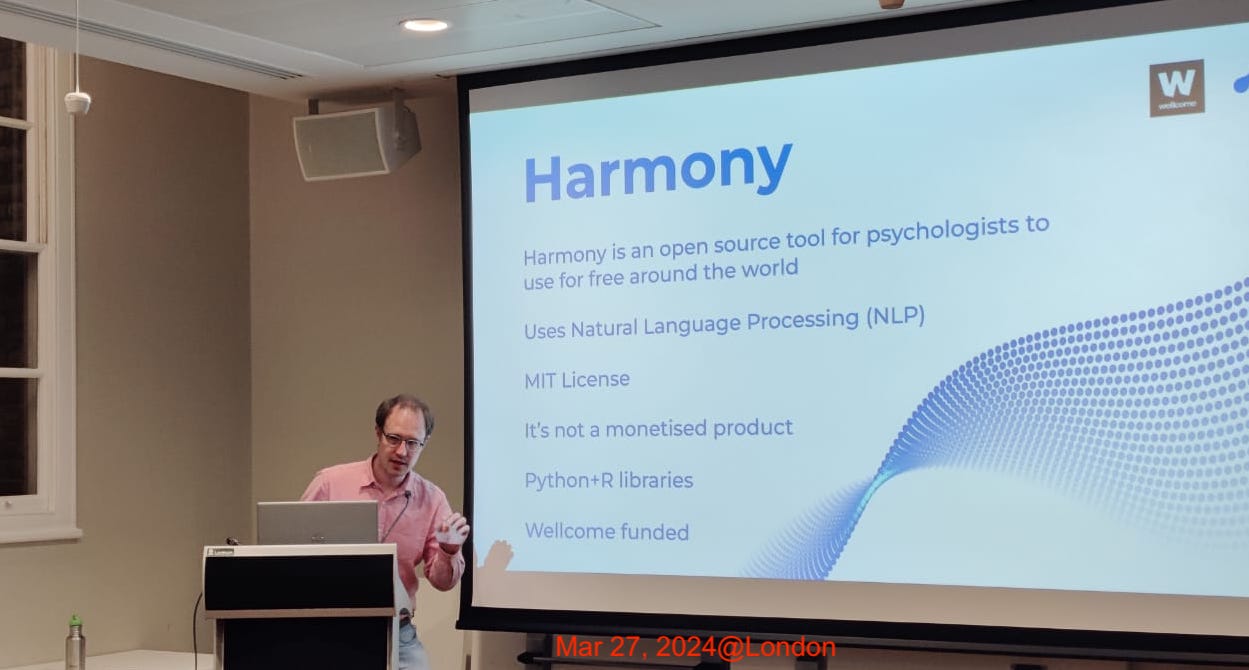
Above: video of Thomas Wood presenting Harmony at the AICamp meetup on 27 March 2024
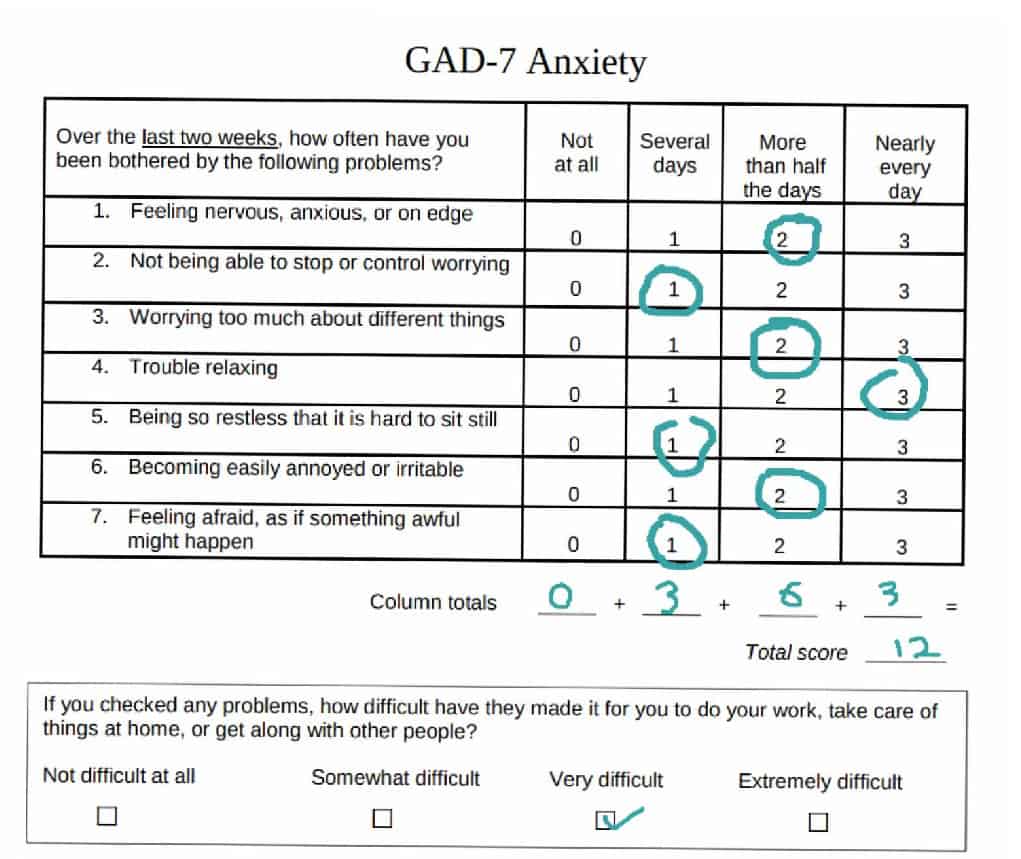
We are excited to announce that our data harmonisation project Harmony has reached the final round of the Wellcome Data Prize in Mental Health. Only three teams were chosen for this stage. The prize is awarded to projects that use data to improve mental health research and practice. Fast Data Science is working on Harmony in collaboration with Ulster University, University College London, and the Universidade Federal de Santa Maria. Harmony has been a real team effort with some fantastic colleagues around the world, and we are looking forward to seeing our harmonisation tool facilitate mental health research across the globe.

Can data science be used to improve mental health? Can we use data analysis to deal with mental health problems like depression and dementia, or to monitor and improve the symptoms of impaired cognitive function, for example?
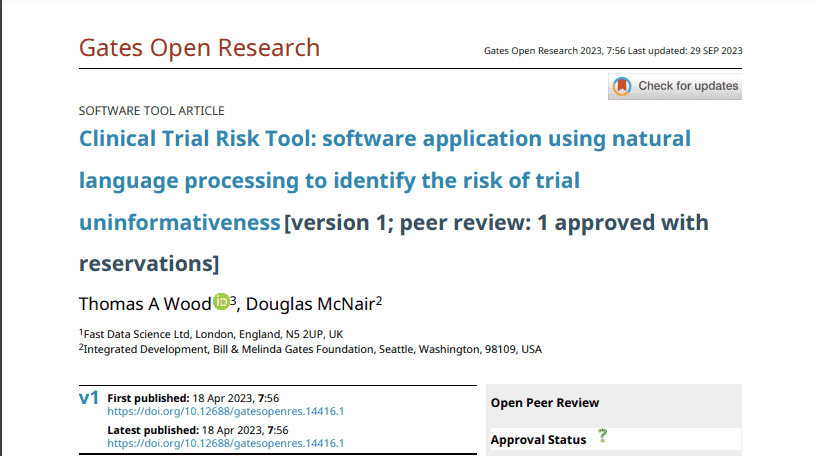
Our NLP research has been published in Gates Open Research! Clinical trials are the backbone of medical progress, but a worrying trend is emerging: a large portion end without delivering useful results. This “uninformativeness” wastes valuable resources and delays advancements.
What we can do for you